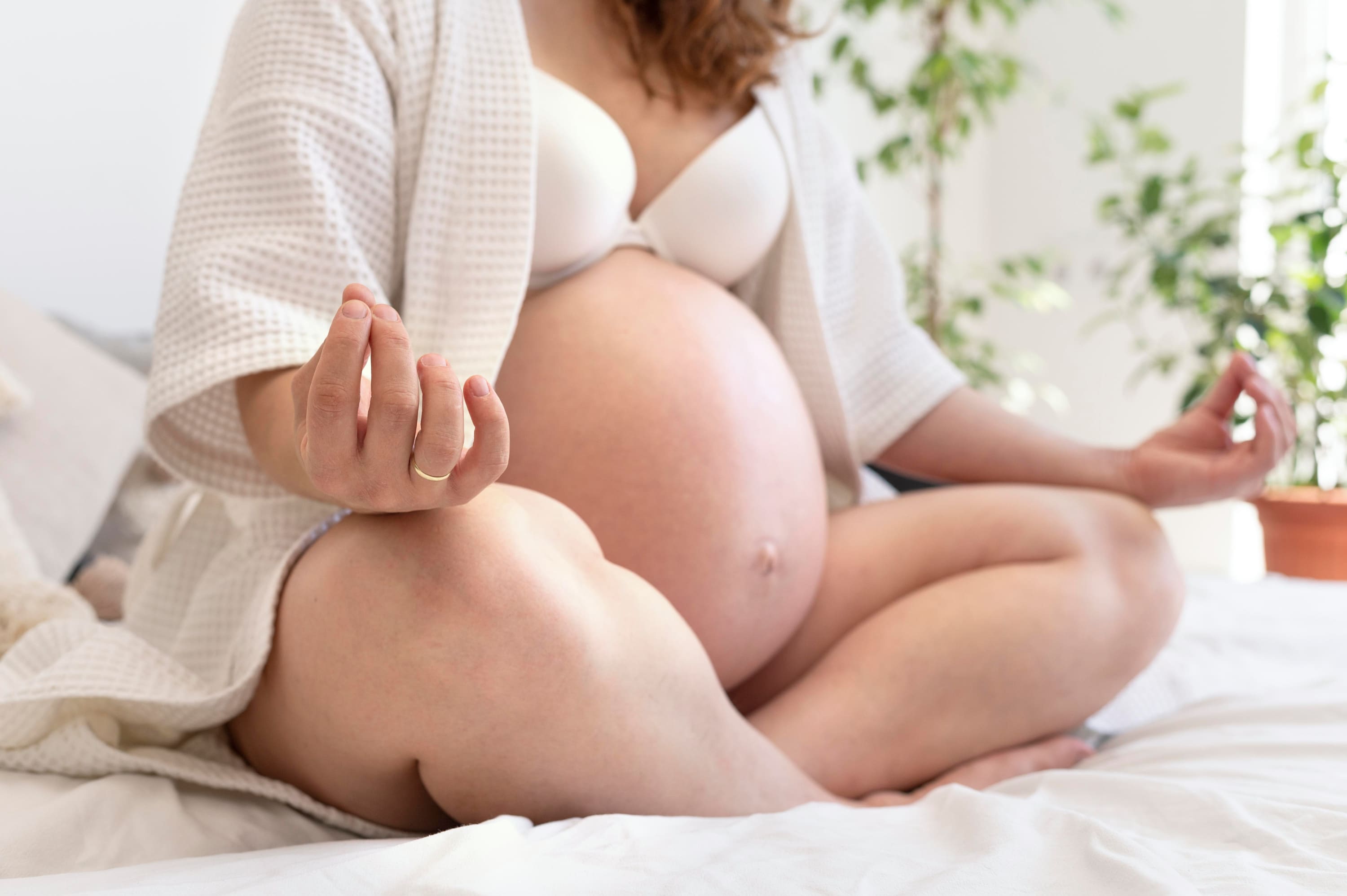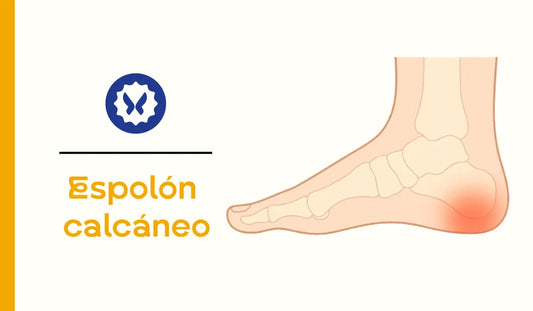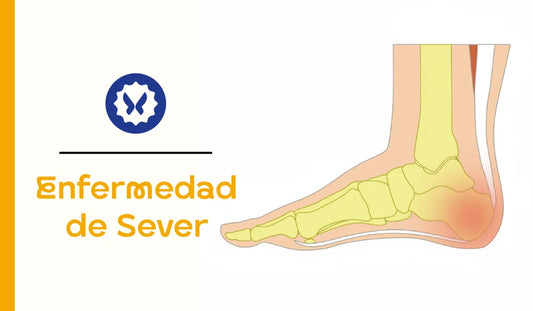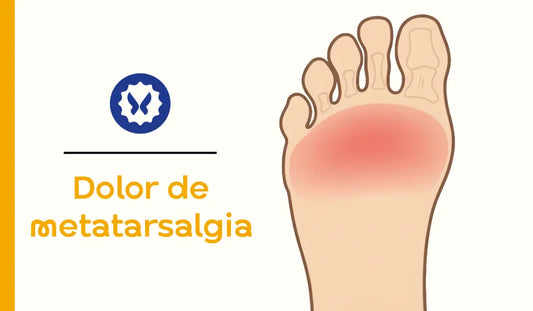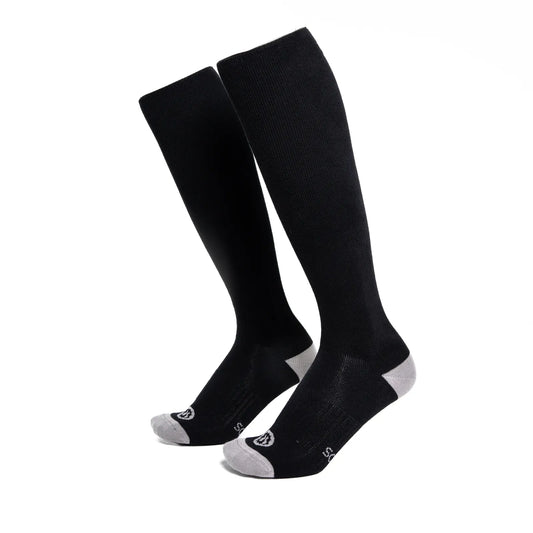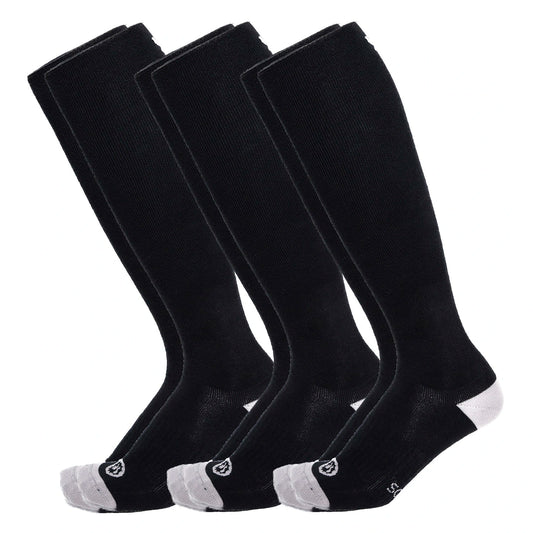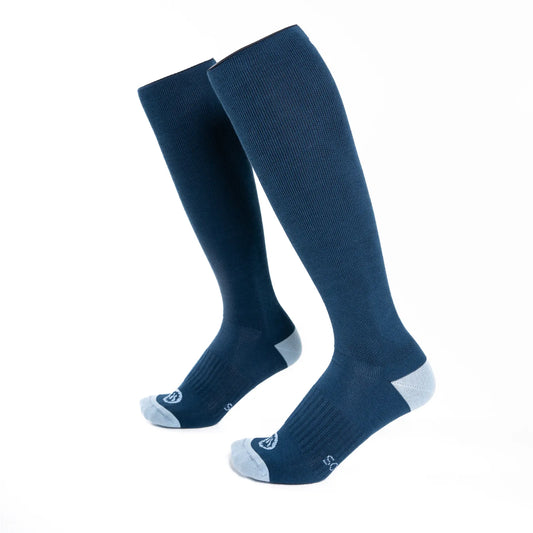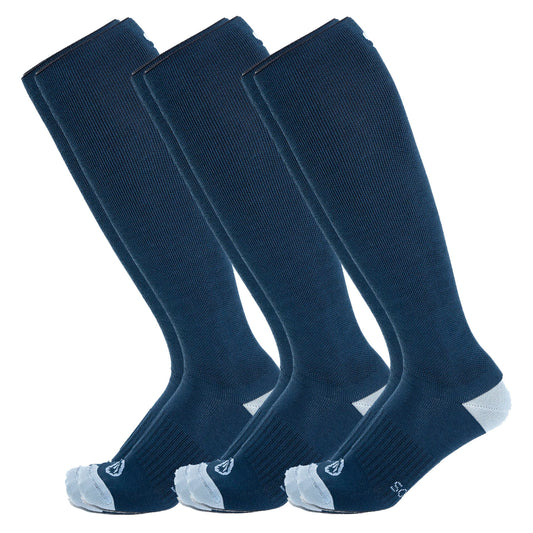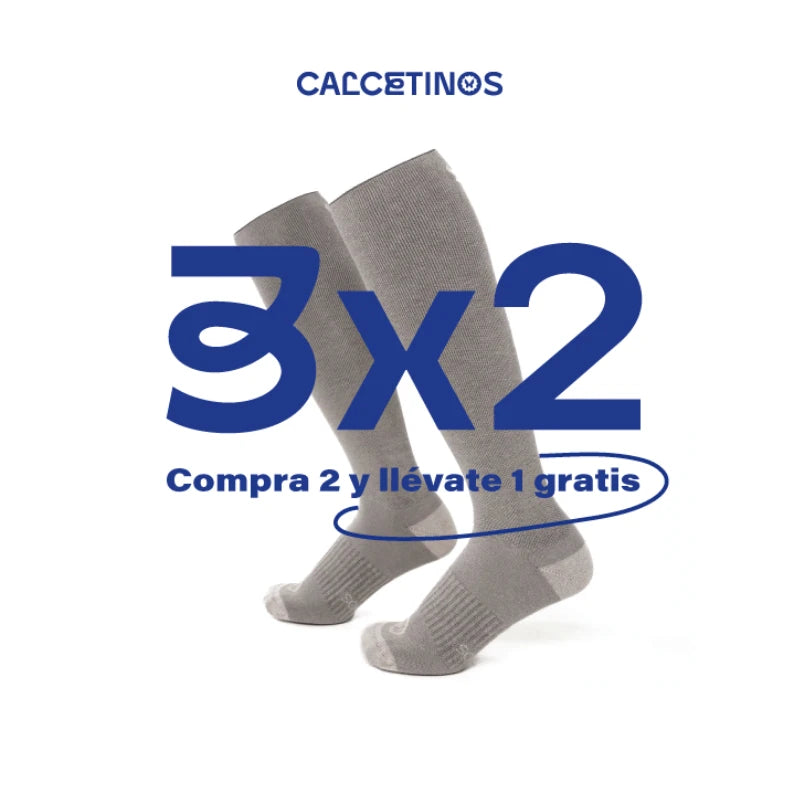Pregnancy is a beautiful time in a woman's life, but the many changes the body goes through during this phase can make it challenging as well.
Those responsible for these changes are the high levels of hormones that regulate the pregnancy of the baby. Thus, it is normal for pregnant women to have certain symptoms (physiological and psychological) associated with hormonal imbalances: acne, cravings, nausea, vomiting, dizziness...
In addition to the above, swollen, tired or itchy legs during pregnancy are another of the most common symptoms, a really uncomfortable sensation but for which, luckily, there are several solutions.
Why do legs swell during pregnancy?
There are two main causes why legs swell during pregnancy.

The first is that the body retains a greater amount of fluid (edema). This, due to the action of gravity, usually accumulates in the lower extremities of the body, although it can also occur in other areas, such as the abdomen and arms.
The second factor is the baby itself, which, as it grows, gains weight. This weight becomes greater pressure on the mother's lower extremities, especially in the last months of pregnancy, when the baby completes its development in the womb. Due to this excess pressure in the legs, the blood vessels narrow and cause poor blood circulation.
Having swollen legs during pregnancy is common, but you should see a doctor if the swelling occurs suddenly, is abnormally painful, or only occurs in one of the legs.
What to do to reduce or relieve leg swelling during pregnancy?
Unless there is another additional cause behind it (eating habits, illnesses, etc.), the feeling of swollen legs disappears after childbirth. While the day arrives, there are different remedies to alleviate this ailment, thus making the last stage of pregnancy more bearable.
1. Avoid a sedentary lifestyle

A sedentary lifestyle and immobility make the blood flow worse, since the muscles remain in the same posture for a long time (and not always the most correct one). Therefore, if possible, do some gentle physical activity, such as going for walks or pedaling a stationary bike.
2. Don't stand for too long
Just as a sedentary lifestyle hinders blood circulation, so does the opposite. Standing for too long causes blood to flow worse back to the heart, since the action of gravity plays in the opposite direction to that of circulation.
3. Wear comfortable clothes
Wearing clothes that are too tight puts pressure on the blood vessels, so blood cannot flow through them as fluidly. Therefore, it is best to always wear loose and comfortable clothing.
4. Rest with your feet up

When you are lying down, putting your feet up promotes the return of blood to the heart, thus reducing swelling in the legs. Use a cushion or footrest, ensuring that your feet are always higher than hip height.
5. Wear compression stockings
Compression stockings for pregnant women are recommended from the beginning until six weeks after delivery. These garments put pressure on the “blood pumps” in the foot and leg, which facilitates blood circulation on its way back to the heart.
What compression stockings are recommended for pregnant women?
The compression stockings that pregnant women should wear to relieve swelling are compression socks (14-17 mmHg), since the level of pressure they apply is the lowest.
For their part, medium and high compression stockings are indicated to treat more or less serious circulatory problems and diseases, so in principle they should not be used to treat leg swelling caused by pregnancy (if in doubt, consult with your doctor).
If you are pregnant and want to relieve that annoying feeling in your legs, at Calcetinos we offer you different compression socks made of breathable and comfortable materials, with modern and cool designs.
We can't bring forward the big day... but we can make the remaining time seem less difficult for you :).

